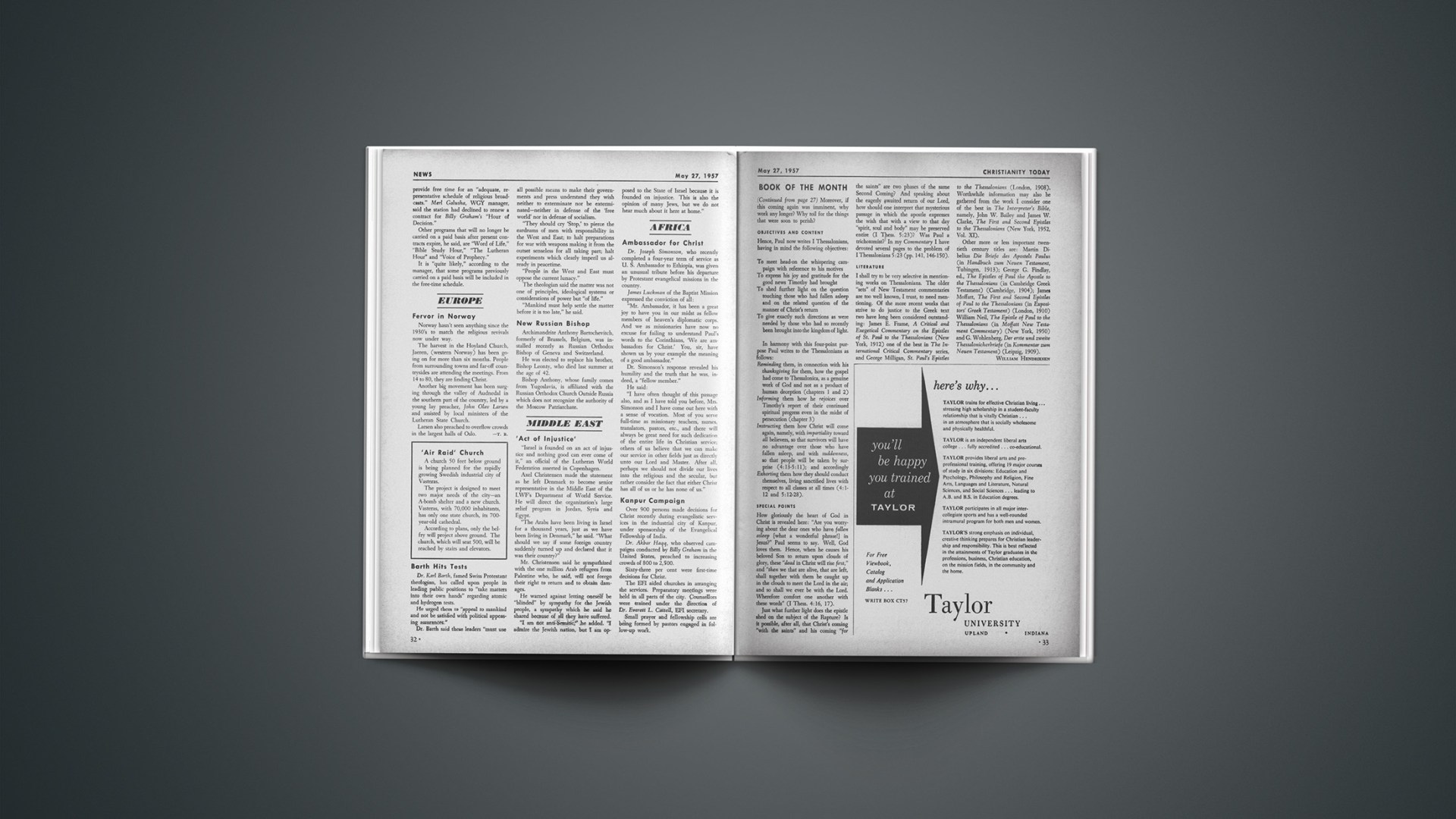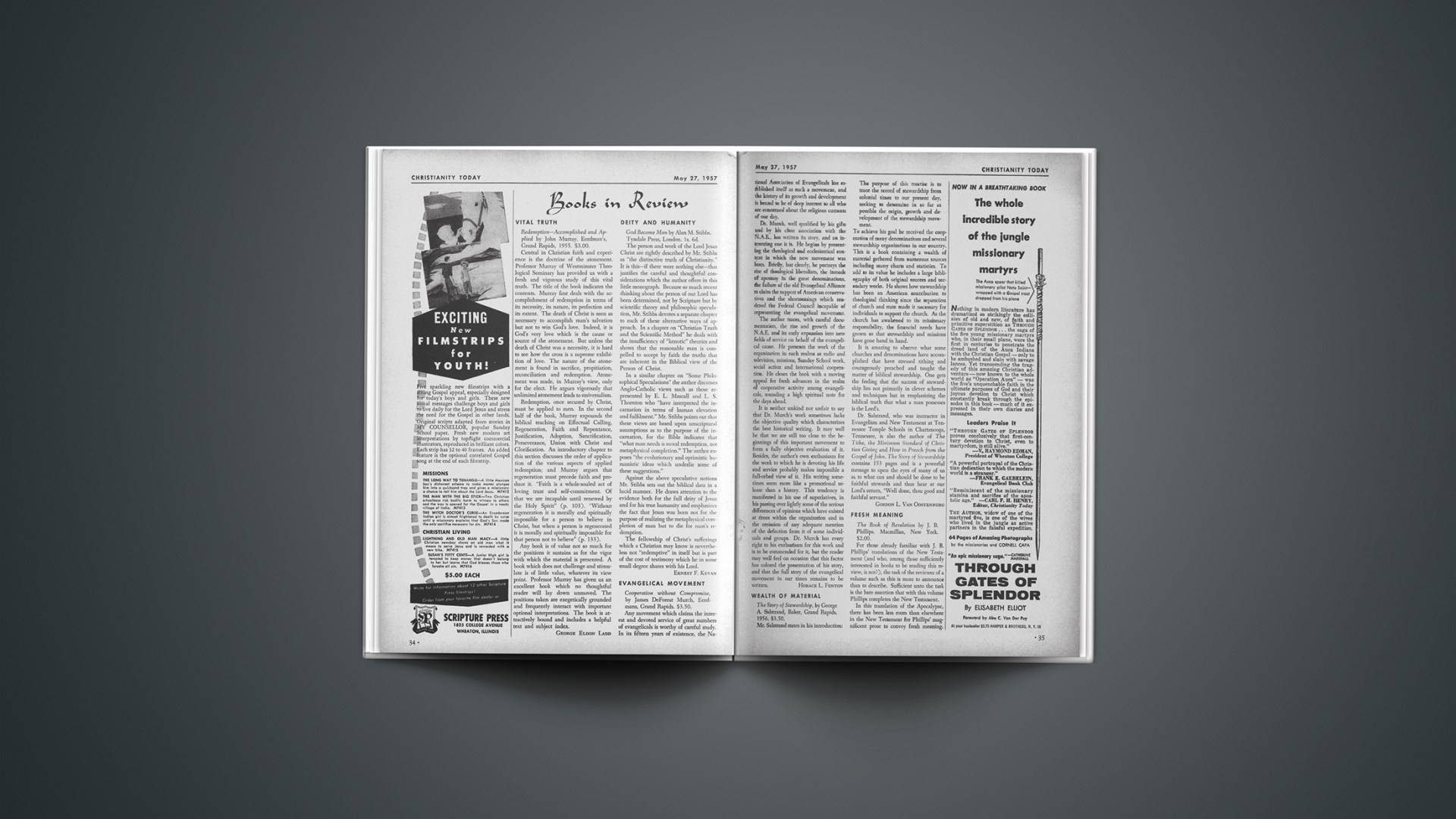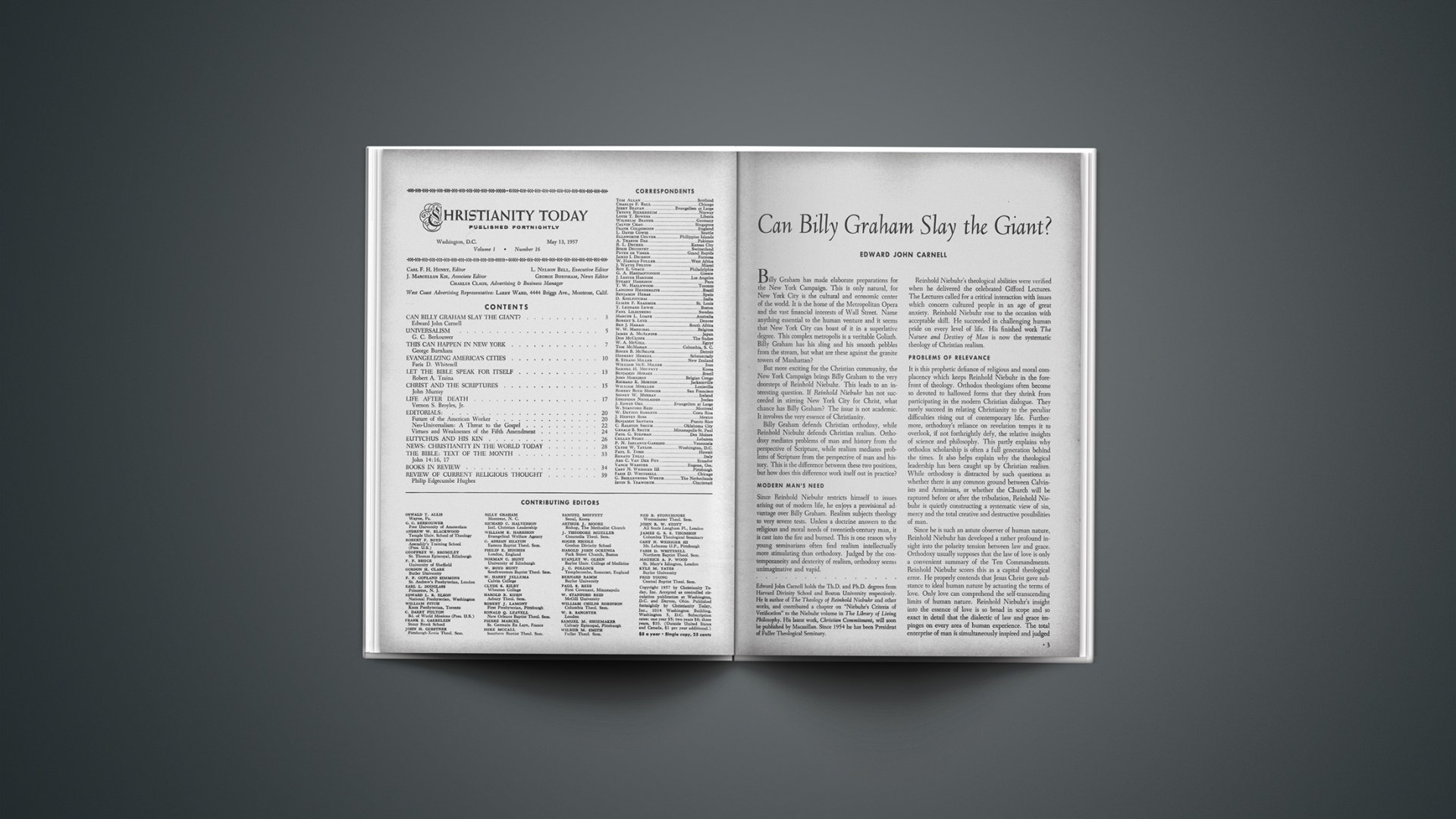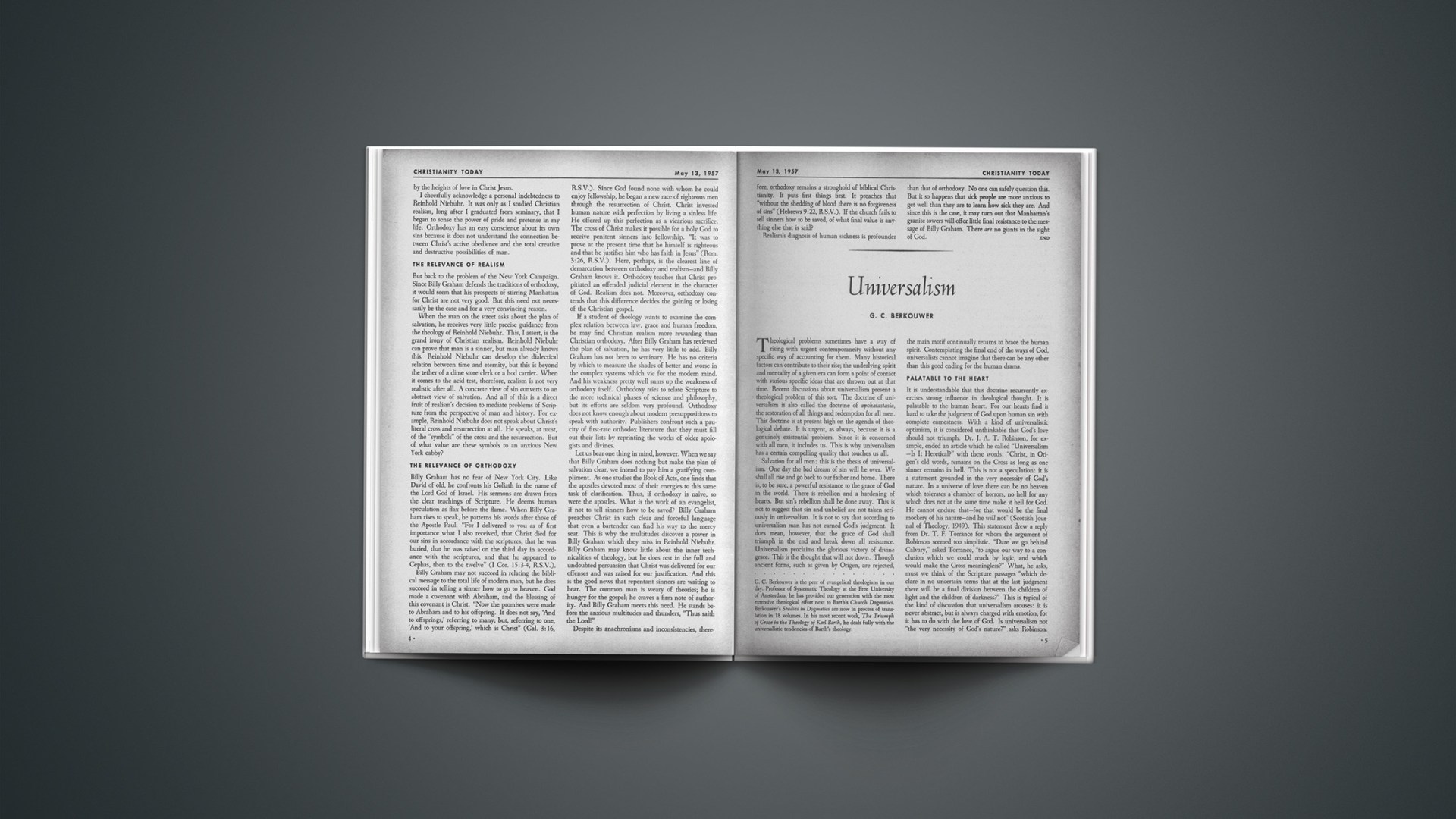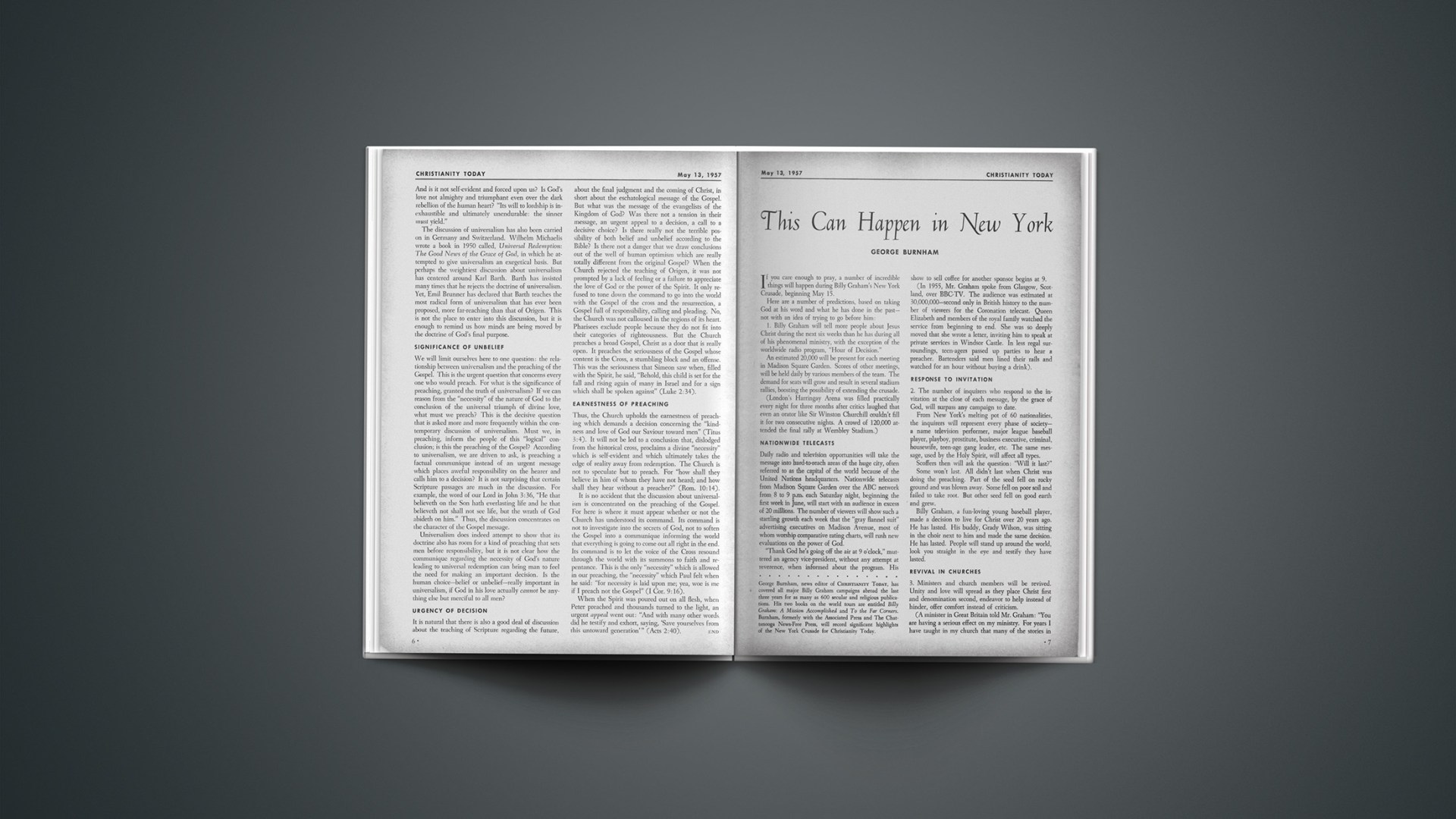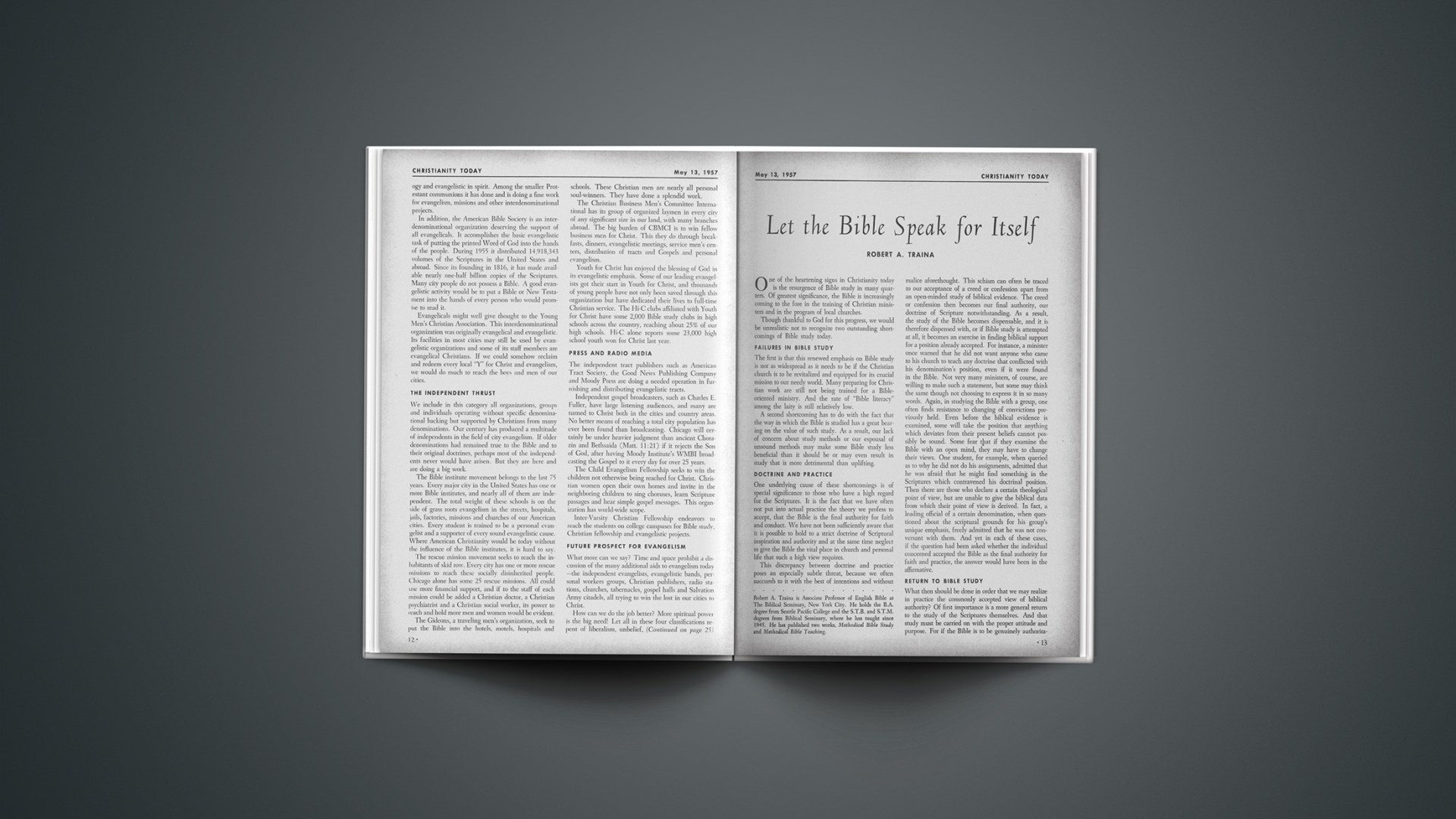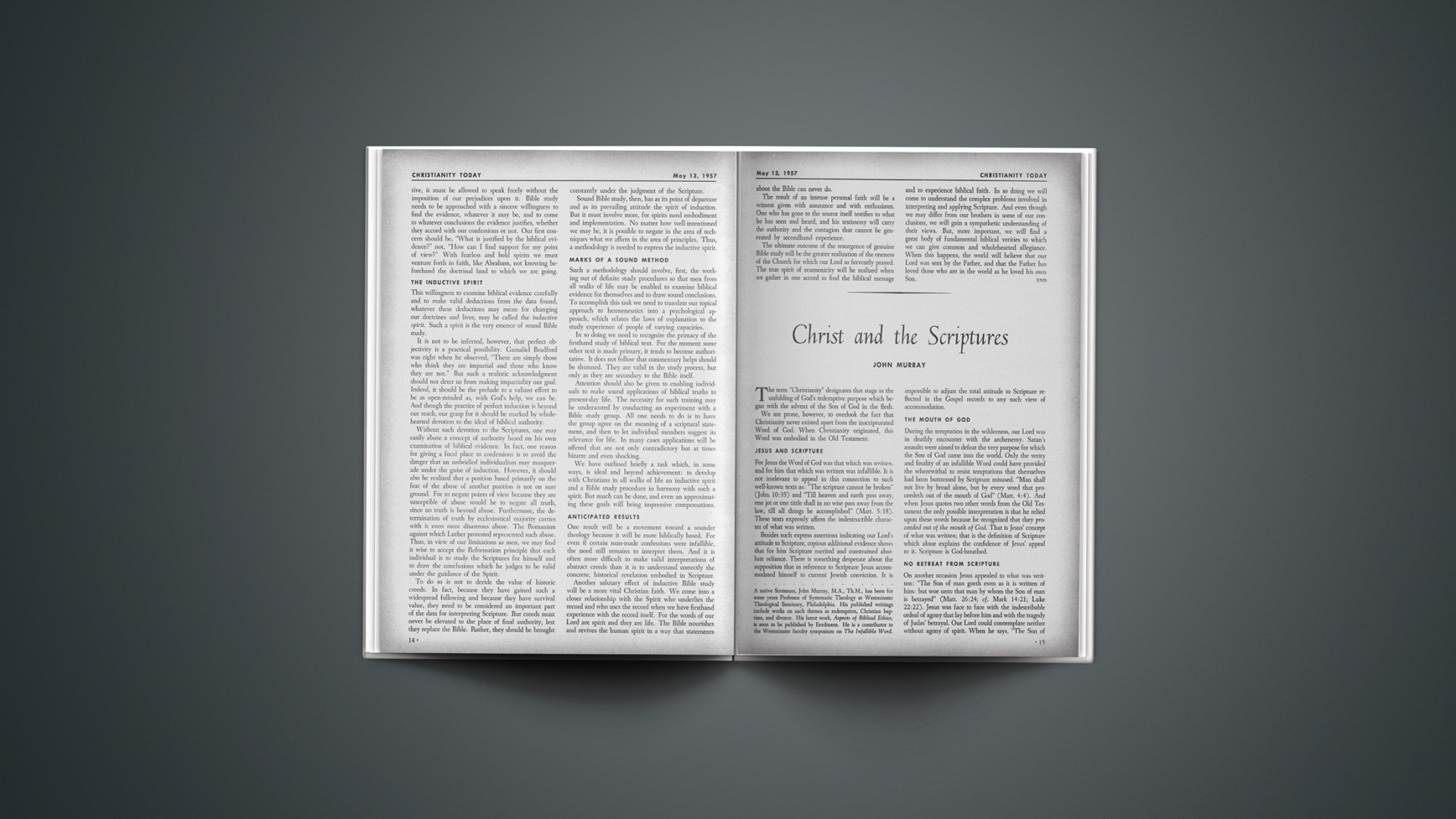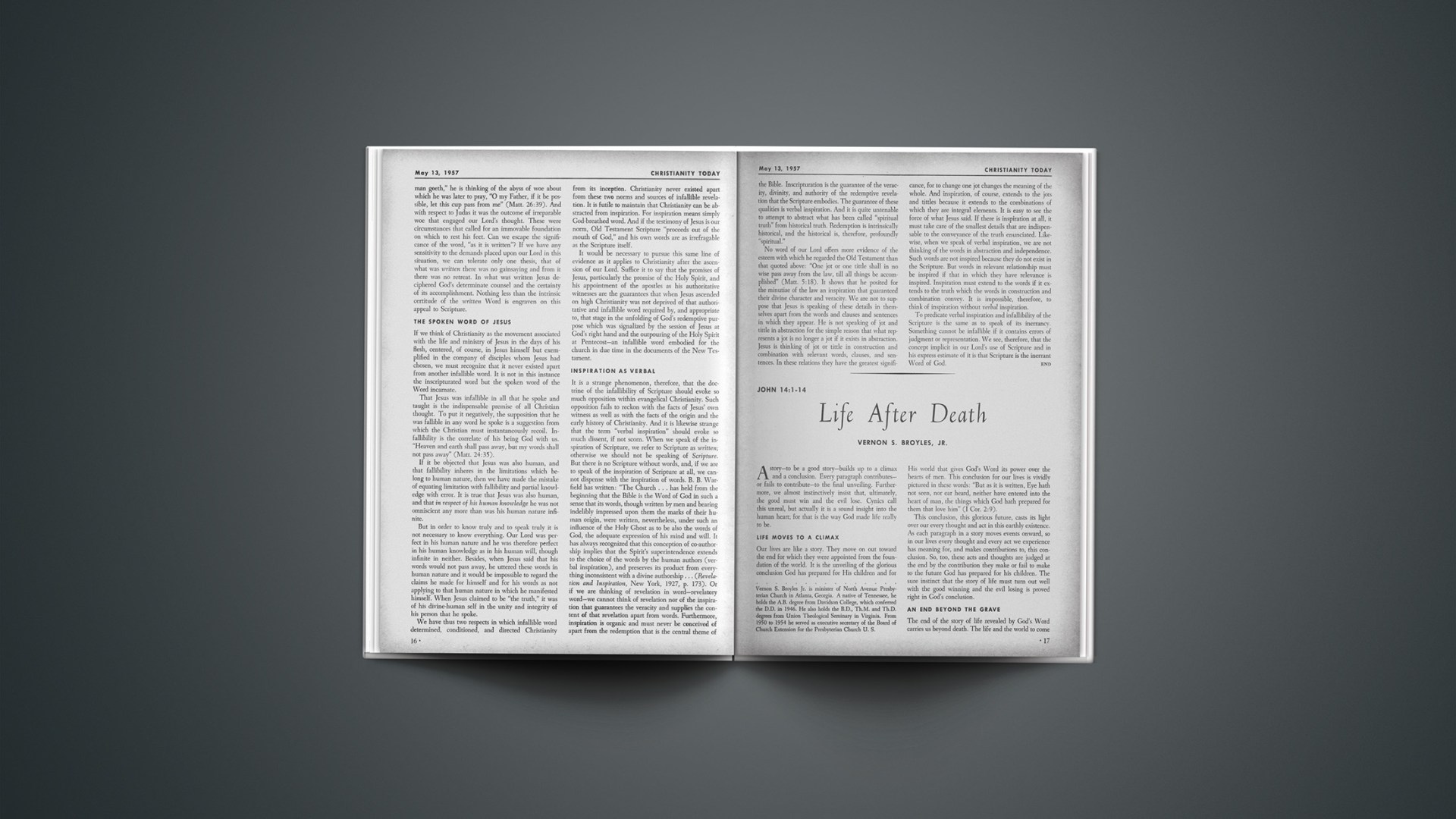Ambassador for Christ
Dr. Joseph Simonson, who recently completed a four-year term of service as U. S. Ambassador to Ethiopia, was given an unusual tribute before his departure by Protestant evangelical missions in the country.
James Luckman of the Baptist Mission expressed the conviction of all:
“Mr. Ambassador, it has been a great joy to have you in our midst as fellow members of heaven’s diplomatic corps. And we as missionaries have now no excuse for failing to understand Paul’s words to the Corinthians, ‘We are ambassadors for Christ.’ You, sir, have shown us by your example the meaning of a good ambassador.”
Dr. Simonson’s response revealed his humility and the truth that he was, indeed, a “fellow member.”
He said:
“I have often thought of this passage also, and as I have told you before, Mrs. Simonson and I have come out here with a sense of vocation. Most of you serve full-time as missionary teachers, nurses, translators, pastors, etc., and there will always be great need for such dedication of the entire life in Christian service; others of us believe that we can make our service in other fields just as directly unto our Lord and Master. After all, perhaps we should not divide our lives into the religious and the secular, but rather consider the fact that either Christ has all of us or he has none of us.”
Kanpur Campaign
Over 900 persons made decisions for Christ recently during evangelistic services in the industrial city of Kanpur, under sponsorship of the Evangelical Fellowship of India.
Dr. Akbar Haqq, who observed campaigns conducted by Billy Graham in the United States, preached to increasing crowds of 800 to 2,500.
Sixty-three per cent were first-time decisions for Christ.
The EFI aided churches in arranging the services. Preparatory meetings were held in all parts of the city. Counsellors were trained under the direction of Dr. Everett L. Cattell, EFI secretary.
Small prayer and fellowship cells are being formed by pastors engaged in follow-up work.

